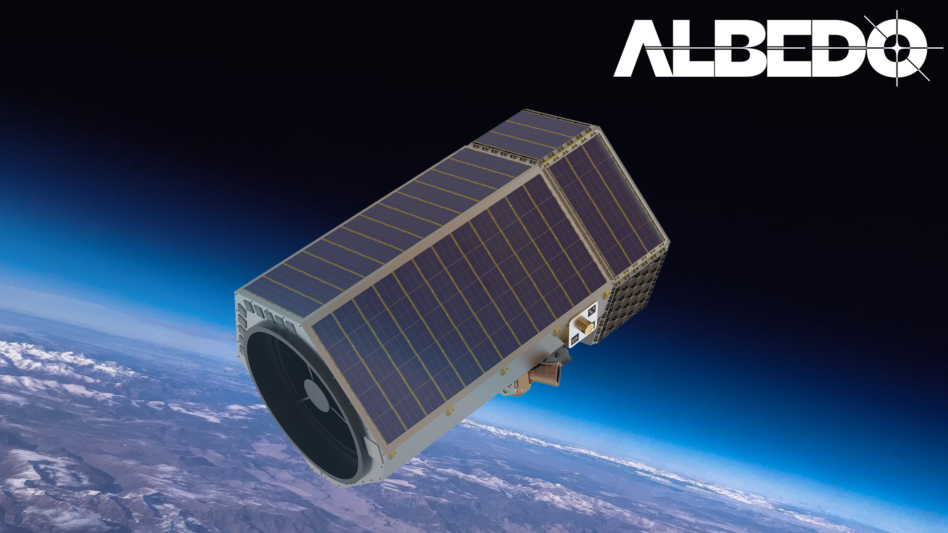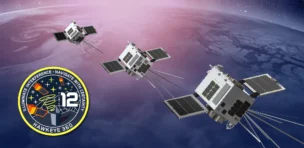Albedo, a startup developing a VLEO constellation to collect high-resolution optical imagery from space, has formed a strategic advisory board of former senior intelligence and defense officials to aid the company in its bid to boost government business.
The formation of this board “allows us to…strategize well and efficiently around engaging on the national security side, engaging with the government,” Albedo CEO Topher Haddad told Payload. The company aims to “maximiz[e] the opportunity that we can provide with high resolution, unclassified, shareable, resilient data, and just get in front of the right people quickly.”
Without further ado…the first three members of the advisory board are:
- Joan Dempsey. Dempsey was deputy director of central intelligence for community management at the CIA, deputy director of intelligence at the DIA, and deputy assistant secretary of defense for intelligence and security.
- John Deutch. Deutch was the 17th director of central intelligence as well as deputy secretary of defense in the Clinton administration.
- Vice Admiral Bob Sharp (ret). Sharp was the most recent director of the National Geospatial-Intelligence Agency (NGA), and has served as commander of the Office of Naval Intelligence and as the director of the Joint Intelligence Center at US Central Command.
At first, the board will be heavy on national security, but Haddad said Albedo plans to add commercial expertise with the next round of members.
Time for a close-up
Back in Dec. 2021, Albedo clinched a first-of-its-kind NOAA license to sell 10-cm satellite imagery—much higher-res than the 30-cm imagery that was allowed previously. Since then, the company raised a $48M Series A in September and has been heads-down building its technology.
- The satellites will come equipped with optical and infrared sensors. Data from both sensors can be combined to create thermal images at a higher resolution than anything available on the market today.
- “We’ve gotten a lot of traction on the thermal infrared side with the government, and especially the ability to fuse the data together, because we could collect both 10-cm optical and two-meter thermal infrared at the same time,” Haddad said.
Albedo is targeting early 2025 for its first satellite launch, Haddad said, with a second launch later that year and several more in 2026. The initial constellation of 6 satellites is expected to achieve daily revisit, and the full constellation of 24 is intended to eventually reach 5 revisits per day.




